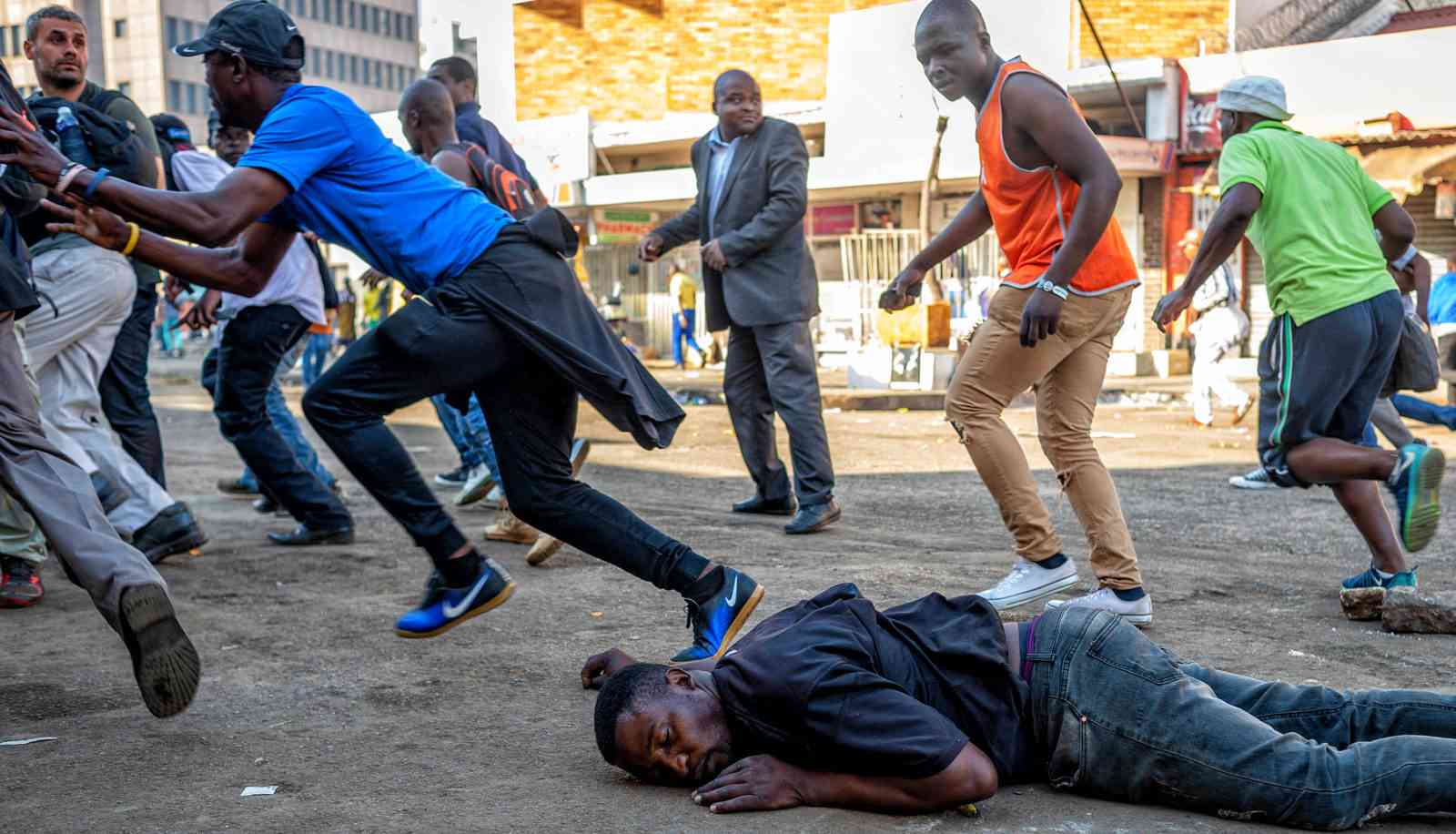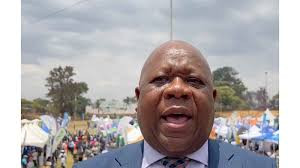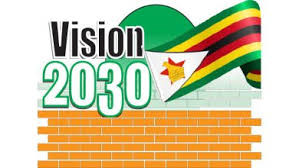
ACROSS sub-Saharan Africa, a new generation is harnessing the power of non-violent resistance to challenge entrenched autocrats and bring about democratic change.
From Sudan to Zimbabwe to Burkina Faso, mass movements employing strikes, boycotts and peaceful protests have forced the ouster of long-ruling dictators in recent years, often succeeding where armed rebellions failed.
The extraordinary effectiveness of these non-violent campaigns — with a success rate of nearly 60% since the 1970s, higher than any other region — demonstrates the potential for civil resistance to reshape Africa’s political landscape and advance democracy on a continent long plagued by authoritarianism.
In Sudan, months of nationwide protests beginning in December 2018 over rising bread prices rapidly evolved into a pro-democracy movement demanding the resignation of Omar al-Bashir after 30 years in power.
Despite a brutal crackdown that killed over 100 protesters, the non-violent discipline and perseverance of the resistance ultimately forced the military to remove al-Bashir in April 2019.
The protests were driven by neighbourhood “resistance committees” and professional associations like the Sudanese Professionals Association (SPA), which co-ordinated marches, strikes and acts of civil disobedience.
Women played a prominent role, with the iconic image of Alaa Salah leading protests becoming a symbol of the revolution. After al-Bashir’s ouster, sustained protests and negotiations by the SPA and civilian groups led to a power-sharing deal with the military in August 2019, putting Sudan on a path toward democratic elections.
While the transition remains fragile following a military coup in October 2021, the 2019 revolution showed the power of disciplined non-violent action to remove one of Africa's most entrenched dictators.
- Mavhunga puts DeMbare into Chibuku quarterfinals
- Bulls to charge into Zimbabwe gold stocks
- Ndiraya concerned as goals dry up
- Letters: How solar power is transforming African farms
Keep Reading
The small West African nation of Burkina Faso has seen two successful non-violent revolutions in the span of a year. In October 2014, a mass uprising forced the resignation of Blaise Compaoré after 27 years in power, as hundreds of thousands protested over his attempt to change the Constitution to extend his rule.
Activists tapped into Burkina Faso’s long tradition of trade unionism and mobilised youth through the Balai Citoyen (Citizen’s Broom) movement.
Protesters occupied Parliament and other government buildings, and the military, refusing to crack down, forced Compaoré to resign and flee the country.
Just a year later, in September 2015, Burkinabé citizens again took to the streets in response to a military coup by the presidential guard. Protesters built barricades, staged sit-ins and engaged in civil disobedience until the coup leaders stepped aside, allowing a transition to civilian rule.
Burkina Faso’s “Black Spring” demonstrated how a culture of resistance can take root and empower citizens to defend their freedoms.
In Zimbabwe, it was political infighting within the ruling Zanu PF party, as well as street protests, that led to strongman Robert Mugabe’s downfall in November 2017.
Mugabe, serving as Africa’s oldest president at the time, had grown increasingly unpopular during his long tenure. Notably, the military allowed large-scale peaceful anti-Mugabe protests, with soldiers and demonstrators uniting in the protests.
On November 21, after more than a week of military pressure and mass protests, Mugabe had no choice but to resign.
Earlier in April 2016, a little-known pastor named Evan Mawarire probably lit the spark that led to Mugabe’s ouster after he posted a video online draped in a Zimbabwean flag, voicing his frustration with government corruption, economic mismanagement and poverty.
The video went viral, sparking the #ThisFlag movement that organised stay-at-home strikes, protests and online activism that rattled the Mugabe regime.
Mawarire was arrested and charged with inciting public violence for his role in the protests, but a court threw out the charges.
Unbowed, he continued to mobilise Zimbabweans, declaring in a speech: “We believe that we have reached a moment where we must stand up as citizens and speak out and act out in nonviolence and peace.” Other social movements like #Tajamuka and #OccupyAfricaUnitySquare also emerged, often co-ordinating with #ThisFlag to organise non-violent campaigns demanding reforms and accountability from the government.
Though these movements faced repression and sometimes struggled with internal divisions, they represented a new wave of citizen activism. The protesters’ demands aligned with those of the military and the ruling Zanu PF party, which was moving to oust Mugabe.
Facing impeachment by Parliament, Mugabe finally resigned on November 21 in a letter saying he wanted to allow a “smooth transfer of power”.
While joyous Zimbabweans celebrated in the streets, many activists warned that the military intervention was a "guardian coup" that kept old power structures intact.
These cases in Sudan and Zimbabwe demonstrate that non-violent civil resistance can catalyse regime change, even against repressive governments willing to use deadly force. By maintaining non-violent discipline, civic movements can deny a regime's legitimacy, raise the economic and political costs of continued repression and fracture the loyalty of State security forces.
Sahar Chamseddine of the Sudanese Professionals Association aptly stated: "We believe that violence will not bring us freedom. Peaceful resistance is the way."
Sustained non-violent campaigns in sub-Saharan Africa have proven to be a powerful path to democratic change.
- Panashe Mnemo and Michael Dodo are students at Africa University in Mutare, Zimbabwe. They are studying BSc in International Relations and Diplomacy, with interests in Pan-Africanism, Global Politics and Human Rights. They write in their personal capacities.











